-
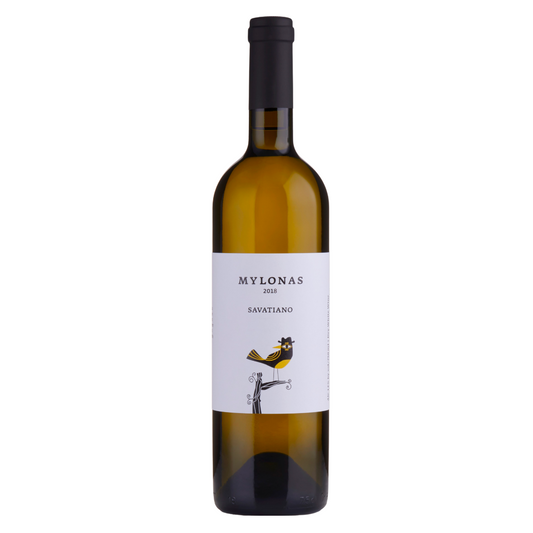 Sold out
Sold outMylonas Savatiano 2021
Regular price $26.95 CADRegular priceUnit price per -
Cantina di Soliera Lambrusco di Sorbara NV
Regular price $23.95 CADRegular priceUnit price per -
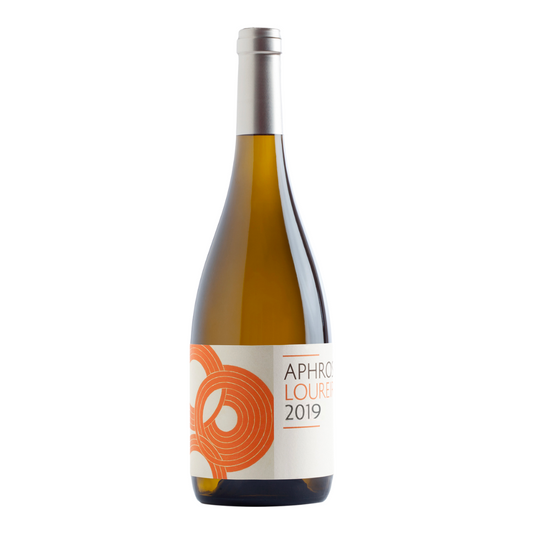 Sold out
Sold outAphros Vinhos Loureiro 2014
Regular price $33.95 CADRegular priceUnit price per -
Suertes del Marqués 7 Fuentes DO 2020
Regular price $31.95 CADRegular priceUnit price per -
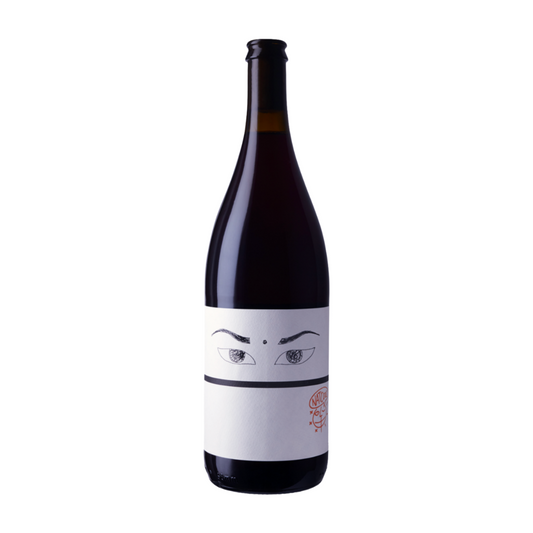 Sold out
Sold outNiepoort NAT'Cool! Tinto 2020
Regular price $29.95 CADRegular priceUnit price per -
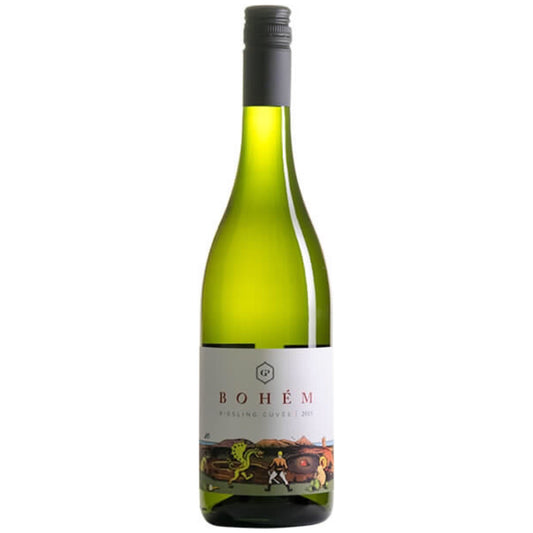 Sold out
Sold outGilvesy Bohem 2020
Regular price $27.95 CADRegular priceUnit price per -
Domäne Wachau Grüner Veltliner Federspiel Weissenkirchen 2020
Regular price $31.95 CADRegular priceUnit price per -
Pardevalles Rosado Prieto Picudo 2020
Regular price $29.95 CADRegular priceUnit price per -
Domaine de Mauperthuis Saint Bris Sauvignon Blanc 2020
Regular price $35.95 CADRegular priceUnit price per -
 Sold out
Sold outWeingut Heinrich Naked White 2020
Regular price $34.95 CADRegular priceUnit price per -
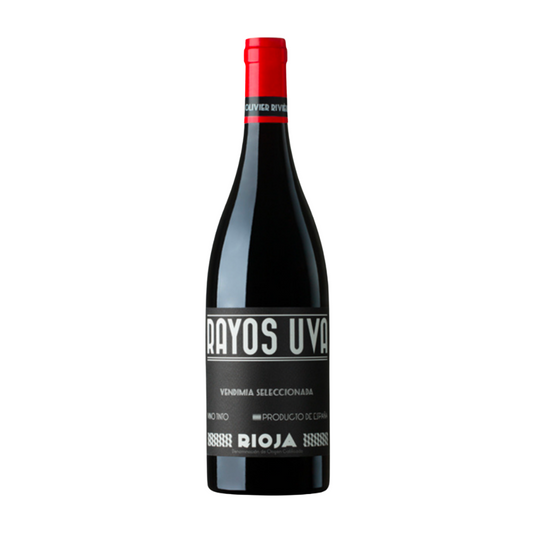 Sold out
Sold outOlivier Rivière Rayos Uva 2020
Regular price $29.95 CADRegular priceUnit price per -
JM Sohler Les Terrasses Pinot Noir 2018
Regular price $39.95 CADRegular priceUnit price per -
Parés Baltà Cava Brut NV
Regular price $21.95 CADRegular priceUnit price per -
Vignoble du Reveur Pierres Sauvages 2020
Regular price $36.95 CADRegular priceUnit price per -
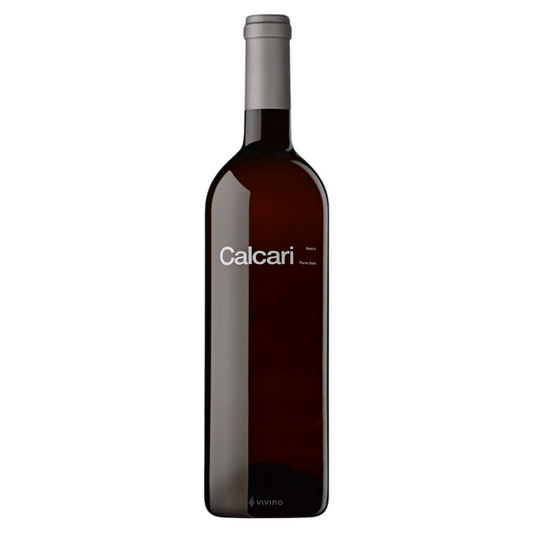 Sold out
Sold outParés Baltà Calcari 2019
Regular price $26.95 CADRegular priceUnit price per -
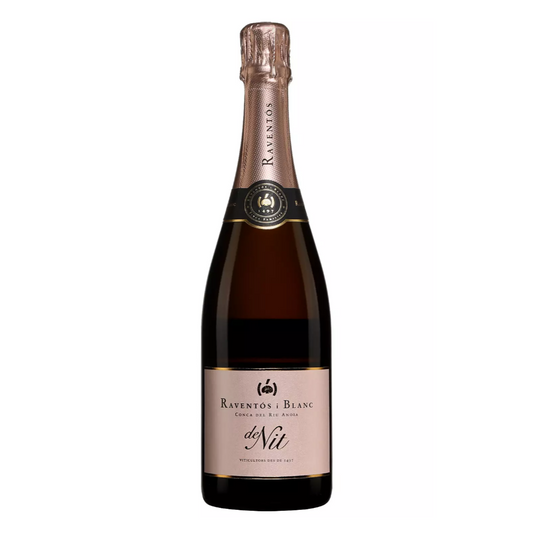 Sold out
Sold outRaventós Rosé de Nit 2018
Regular price $47.95 CADRegular priceUnit price per















